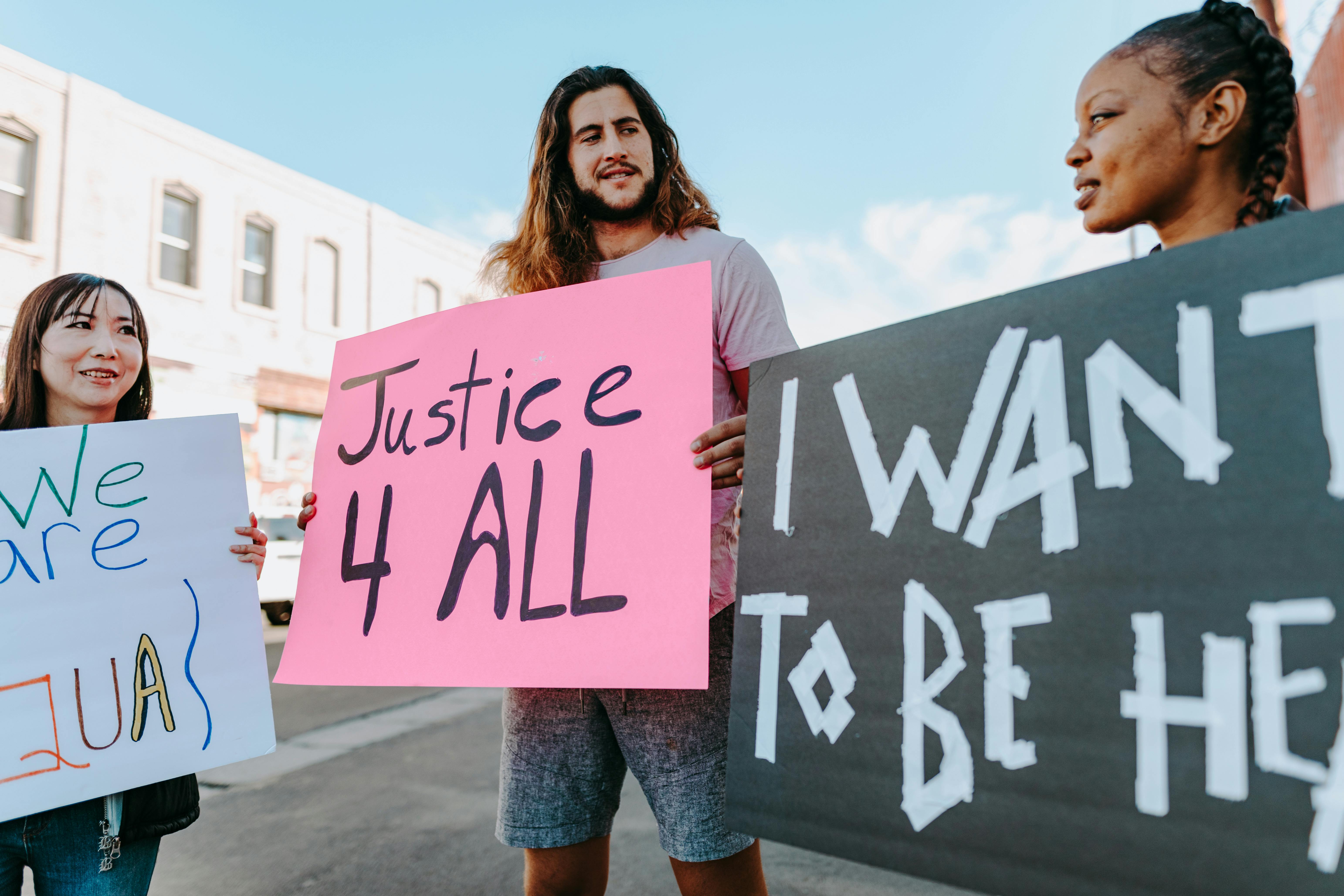
The new upper-middle-class Indian judges
The new upper-middle-class Indian judges
The latest series of rulings by the Supreme Court of India points to the exact state of affairs in the country. Most of his lawsuits in recent times have been against the poor. Take the case of Narmada Bachao Andolan. The latest ruling orders the government to implement the rehabilitation as previously ordered. When we look at the ruling, it seems like a ruling that is going to benefit all those who are going to be displaced by this Construction of the Huge Dam. When we looked at the fact that the ruling was made on a complaint that the rehabilitation had not been done correctly, we found foul play in the ruling. How many times have we heard an instance in which the court passes a sentence taking into account only the statement made by the Government (surprisingly here the governments are the culprits). This is the same as releasing a murderer, since he has said in court that he did not commit the crime.
The latest ruling of the Hon’ble Supreme Court of India opening the laws under the ninth schedule to the legal preview should be seen as a continuation of this trend. For the record, most of the laws in the ninth schedule are laws that give the government authority to implement land reforms and all other types of reforms. The court ruling states that any law that violates the fundamental rights guaranteed by the Constitution must be reviewed and, where appropriate, must be repealed. Now here arises the great need to review the fundamental rights granted by the constitution.
The first of these rights are
1) Right to Equality
This right seems to be very self-explanatory and very simple. The definition should read something like this “All must be treated equally under the Law. All must be treated equally at every opportunity.” But to explain how complex this right is, I cite an example or a situation that came to mind:
Let’s take two people who are writing IIT-JEE (Indian Institute of Premium Engineering IIT Entrance Exams). One person comes from an upper middle class family and another from a lower middle class family (I’m not considering lower class people, most of them may not have heard of IITs). Let’s call the first person Mr. X and the second person Mr. Y. X has been attending training classes for IIT-JEE since class 9 and has been preparing for the past 3-4 years. But And he can’t even think of such an expensive trainer class. Now, when they prepare to write the exams, can we say that they are both the same? Of course not, you know why. I pointed to this example to explain how difficult it is to interpret these Fundamental Rights. In a utopian world we can have the law completely linked to Fundamental Rights (Because there everyone starts with the same money or points and will not receive any external help).
In a practical world it is not so simple. I am a software engineer; it also means that my parents had the sources to fulfill my ambitions. There are many extraordinary people who became great people from very humble beginnings. But the percentage of them is very low. The laws of the ninth annex are aimed at reducing this parity. Therefore, it is essential that they remain outside of legal review.
Take the example of the Narmada Bachao Andolan. No one here is saying that the dam project should be stopped or aborted. The point here is very simple: people who have been displaced must be rehabilitated. And that should be the first thing to do. Like all people in this country have the Right to Live. Every time he goes to court for negligence in his rehabilitation process, the courts in this country choose to ignore his allegations and take the government’s statements at face value. This is a very worrying trend.
If you look very carefully, our justice department seems to run according to the stock market. They are more concerned with the impact on the stock markets than with the lives of the poor in this country. You should always remember that most people in this country have no connection to these stocks. Let me quote Mahatma Gandhi on his view of development “The development of a country should not be judged by the number of millionaires in the country, but by how well off the country’s poor are.”